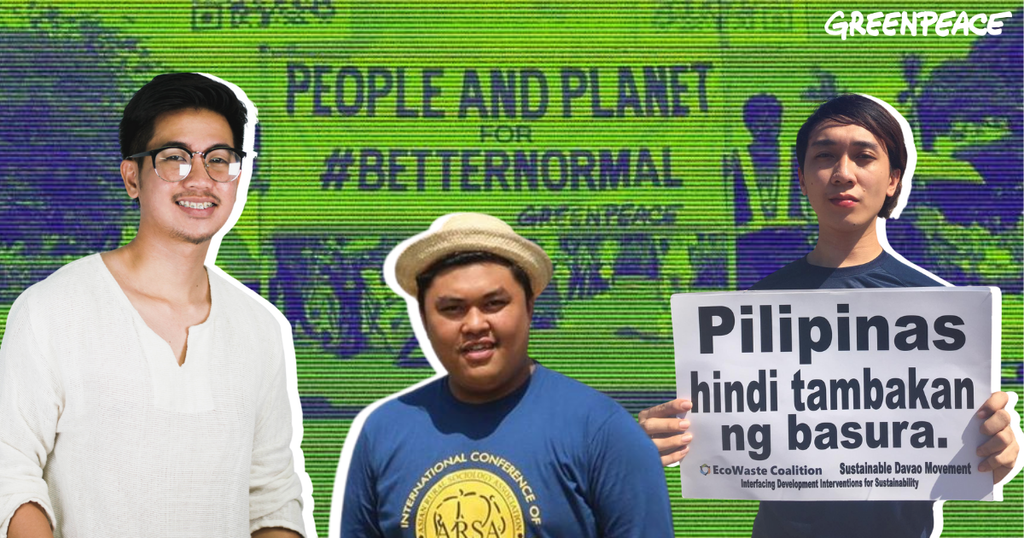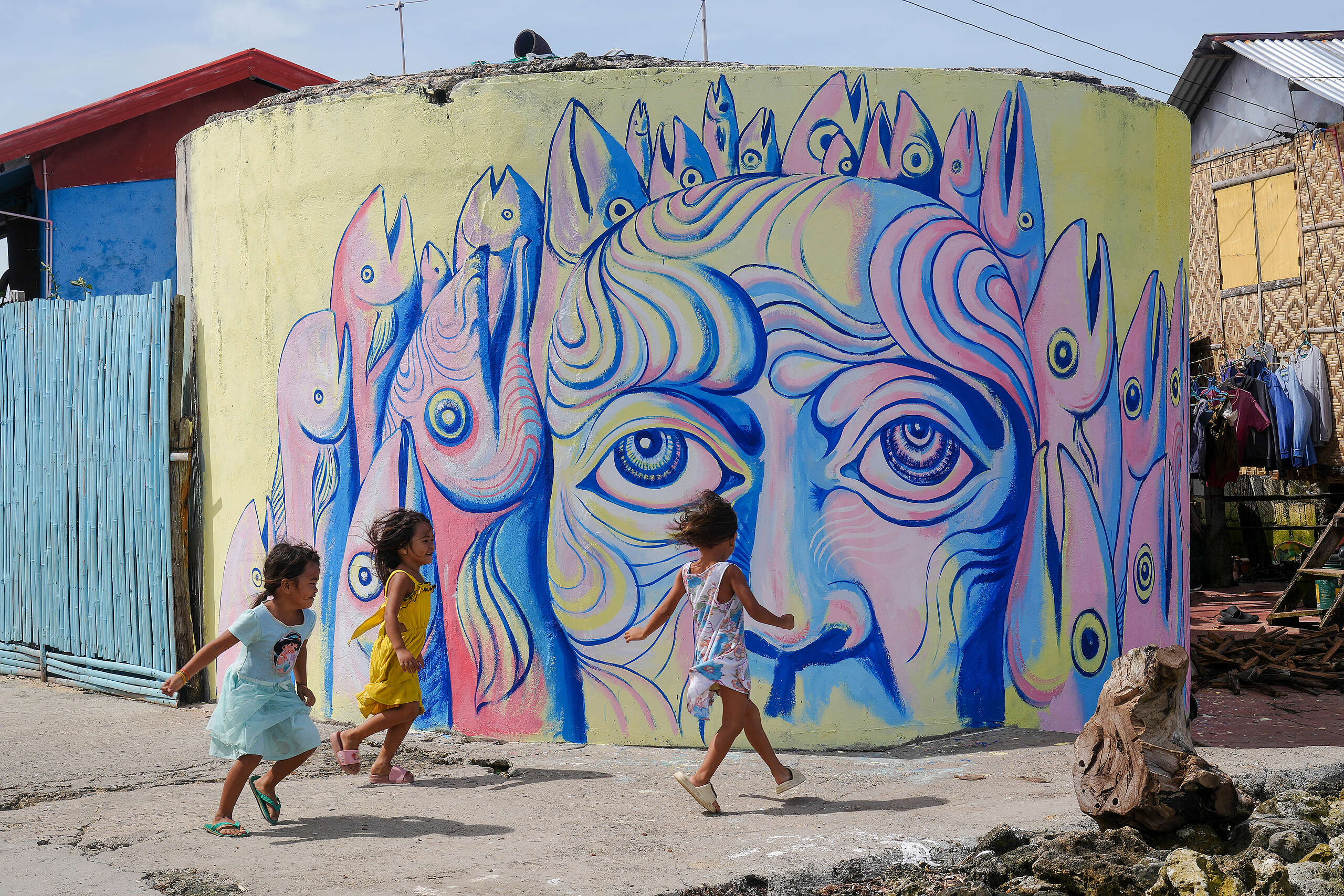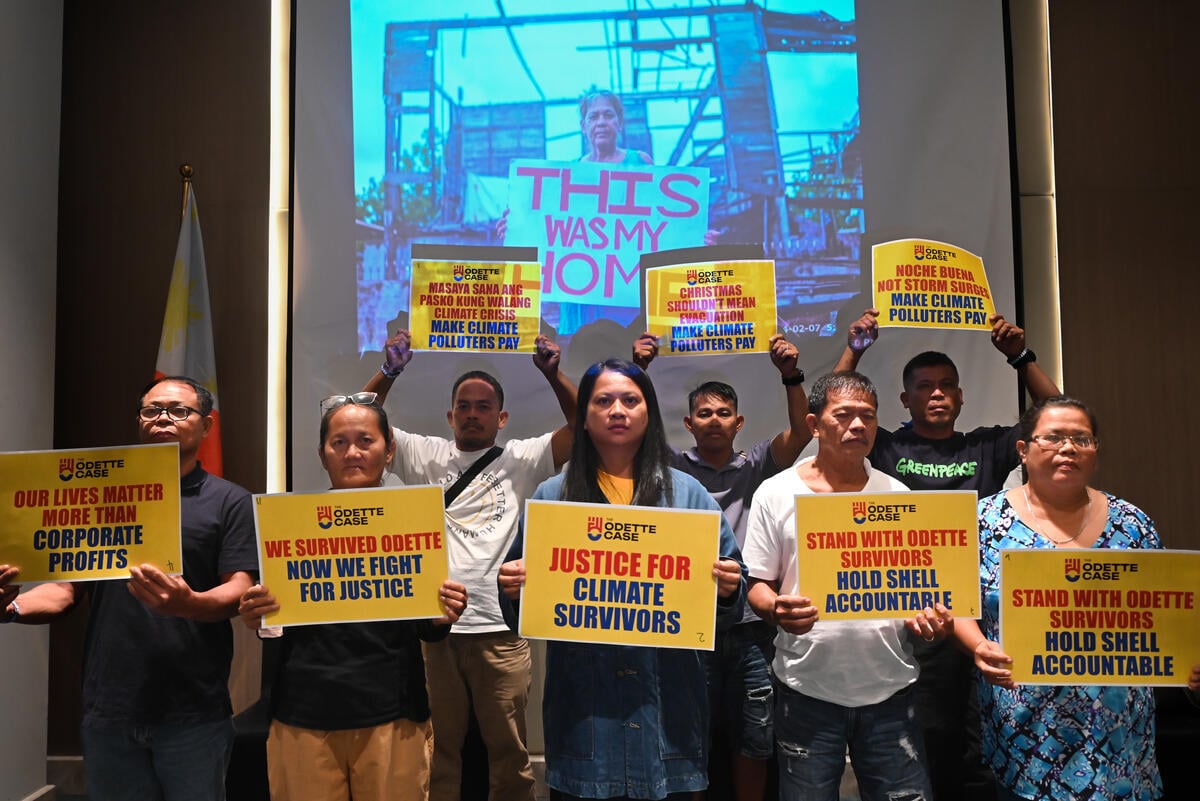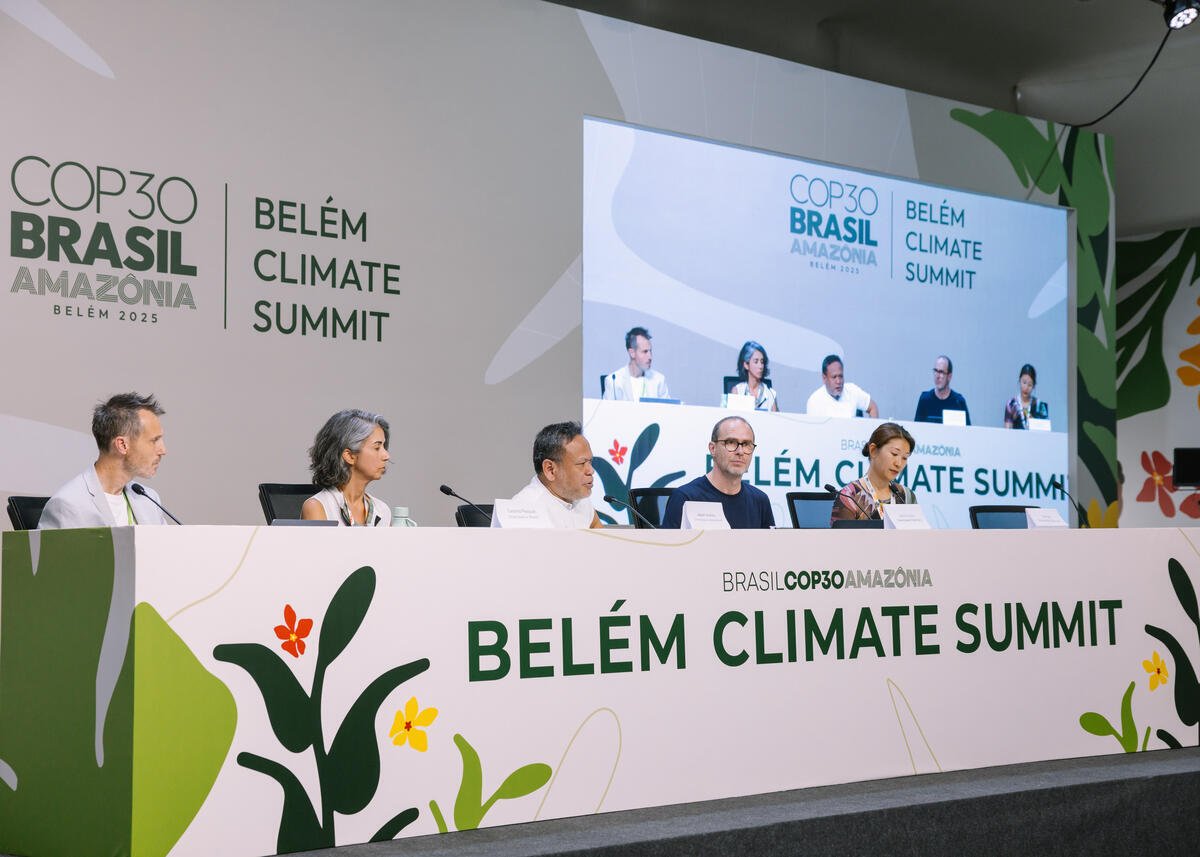
Since the country enacted various lockdowns in response to COVID19, netizens have been circulating various photos that show “improvements” in our environment. We saw reports that the Manila Bay is getting cleaner (which has since been debunked by experts) and that Metro Manila air is now less polluted, only because of the dramatic reduction of vehicles on the roads due to the lockdown.
These events are inarguably faux developments, supposed improvements that are short-lived, and only provide tiny bright spots in our current situation. The marginalized and most vulnerable sectors are currently experiencing a “triple threat”: COVID-19, broken systems in society, and the enduring climate crisis.
Aside from the lives taken, the coronavirus exposed our lack of preparation for such crises and our incoherent delivery of basic needs. It also shed light on existing issues, such as social injustices, food insecurity, disrupted supply chains, unemployment, and retrenchment.
Furthermore, even as the pandemic took over the media agenda, the youth know that the impacts of the climate crisis in the Philippines continue to worsen. In fact, recent typhoons made matters worse for a country already in turmoil.
The situation may be dire, but for young environmental advocates Justin Paolo Interno, 26, Harold Banggay, 20, and Javan Lev Poblador, 26, there are also opportunities to further educate Filipinos on what we’re dealing with—particularly the climate crisis—and how it affects our daily lives.
Interno: “For me, now is the best time to talk about [the climate crisis], so people will realize that the planet we live in is doomed in many respects. Moreso, looking at the current belief on the origins of this pandemic, I could say that activities associated with this disease is somehow related to the battles we are longing to win over, in order to alleviate climate change effects.”
Banggay: “We need to tell people right now that there are a series of things we need to do once we’re out of this mess, to make sure it never happens again. [To] achieve sustainable development, we need to reach other advocacies that are essential to the global response to climate change as well. [For example], we should educate our maritime students in the Philippines about the impact of shipping on our environment. (Note: This is the agenda of youth-led “Project Mariknows”)
Poblador: “I think it’s the perfect opportunity to discuss the climate crisis and how it relates to the current pandemic. And at the same time, we should also be aware and sensitive to the type of message we bring across the table, the language we use, and who will be our audience.”
The three also agree that Filipinos are becoming more aware of lapses in current systems, which are poised to worsen any crisis situation. This is our real development: people are becoming hungrier for doable solutions.
Interno: “In my case, my organization would like to focus on positive developments in food systems, specifically on the value chain. We must make a way to shorten the chain, and make it more ecological and locally available (lessening transportation costs and post-harvest losses, lessening carbon footprints, etc.). The government should now strengthen and enact a province-led food sovereignty agenda, following the philosophy of common good, inclusive growth, and ecological balance. Provinces must start to form policies to alleviate dependence on other localities for food.”
Banggay: “[The government] needs to improve the education about wildlife habitats, marine habitats, biodiversity loss, and different new topics that revolve around climate change. They also need to strengthen our environmental laws, because they’re so old, and improve environmental education for all the youth.”
Poblador: “Government systems must evolve and be brave enough to steer clear of fossil fuel companies and start investing in renewable energy. Our drastic measures in fighting the pandemic have shown us that our society is more than capable of acting collectively to benefit the entire humanity.”
COVID-19, like any other pandemic in history, will eventually blow over. But the problems discussed here have been with us before the disease even existed, and they will stay with us if we allow them. This is why Filipinos should not only seek a “new normal,” with mere adjustments to the status quo, and instead strive for a #BetterNormal.
In a country that experiences an average of 20 to 21 typhoons annually and year-round drought in provinces, we cannot afford band-aid solutions and false hopes. As we’ve seen during this health crisis, we must seek solutions and actions that will not just create a #BetterNormal now, but will also create a better future for our succeeding generations.
Justin Interno (LUZON) – is a youth campaigner at I Am Hampaslupa Youth Inc.
Javan Lev Poblador (VISAYAS) – is a former pioneer president and now a board member of the Association of Young Environmental Journalists (AYEJ).
Harold Banggay (MINDANAO) – is the founder of Project Mariknows (Marine Conservationist and Environmentalist)



